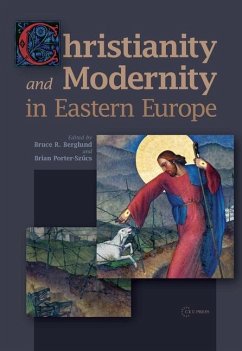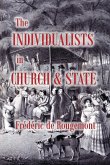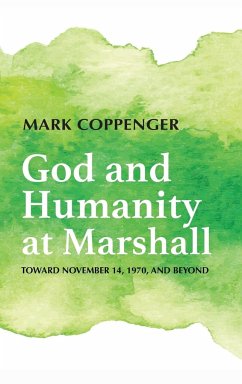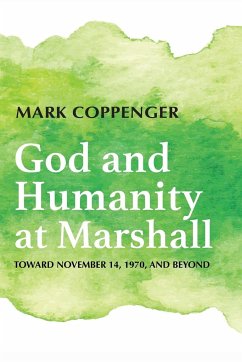Religious history more generally has experienced an exciting revival over the past few years, with new methodological and theoretical approaches invigorating the field. The time has definitely come for this "new religious history" to arrive in Eastern Europe. This book explores the influence of the Christian churches in Eastern Europe's social, cultural, and political history. Drawing upon archival sources, the work fills a vacuum as few scholars have systematically explored the history of Christianity in the region. The result of a three-year project, this collective work challenges readers with questions like: Is secularization a useful concept in understanding the long-term dynamics of religiosity in Eastern Europe? Is the picture of oppression and resistance an accurate way to characterize religious life under communism, or did Christians and communists find ways to co-exist on the local level prior to 1989? And what role did Christians actually play in dissident movements under communism? Perhaps most important is the question: what does the study of Eastern Europe contribute to the broader study of modern Christian history, and what can we learn from the interpretative problems that arise, uniquely, from this region?
Hinweis: Dieser Artikel kann nur an eine deutsche Lieferadresse ausgeliefert werden.
Hinweis: Dieser Artikel kann nur an eine deutsche Lieferadresse ausgeliefert werden.








